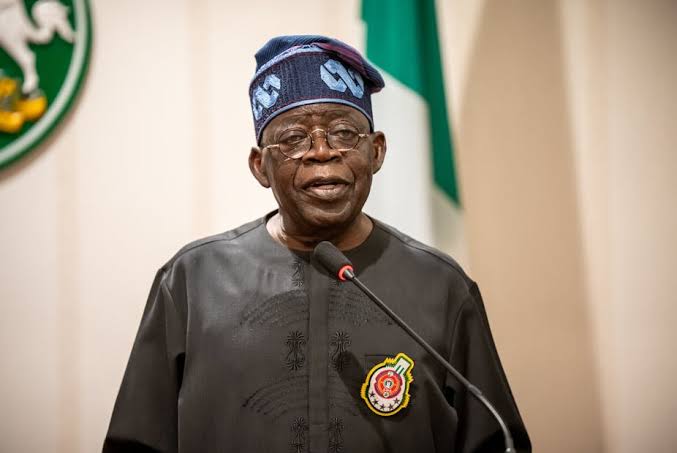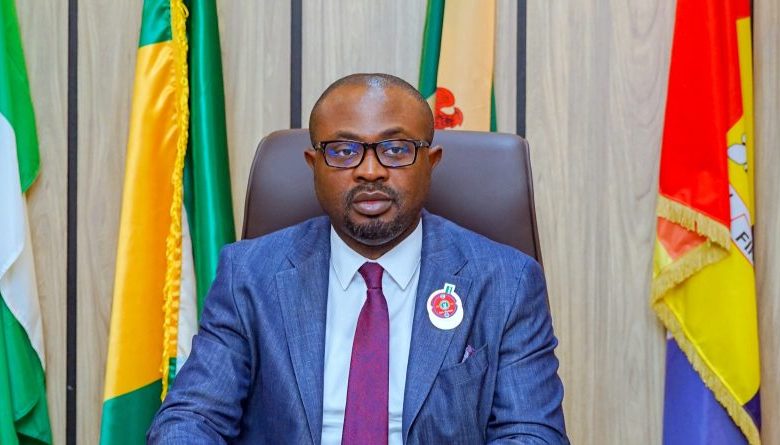The Presidency has affirmed that Nigeria is well on course to achieving its annual non-oil revenue target, crediting recent fiscal reforms, improved tax compliance, and digitised revenue systems for the surge in collections.
In a statement signed on Wednesday by the Special Adviser to the President on Information and Strategy, Bayo Onanuga, the government cited new data showing a significant increase in non-oil revenues, describing it as the country’s strongest fiscal performance in recent history. The statement was titled “Nigeria’s Non-oil Revenues Power Strongest Fiscal Performance In Recent History.”
According to figures covering January to August 2025, non-oil revenues rose to ₦20.59 trillion, marking a 40.5% increase from the ₦14.6 trillion recorded in the same period in 2024.
“This marks a historic shift in Nigeria’s fiscal landscape. For the first time in decades, oil is no longer the dominant source of government revenue,” said Onanuga.
The Presidency attributed the growth to structural changes such as enhanced enforcement, customs automation, and digital tax administration. It emphasized that the focus now is ensuring these fiscal gains translate into tangible improvements in infrastructure, education, healthcare, and employment.
Of the total revenue collected so far, non-oil sources accounted for ₦15.69 trillion, or three out of every four naira, with the Nigeria Customs Service alone generating ₦3.68 trillion in the first half of 2025 — ₦390 billion above target. The statement stressed that these results reflect lasting systemic reforms rather than temporary windfalls.
While inflation and exchange rate adjustments contributed to the revenue increase, the government emphasized that the primary drivers were structural reforms. President Tinubu, speaking to a delegation from the Buhari Organisation on Sunday, highlighted the growing non-oil revenue base as a sign of improved public finances. He also noted that the Federal Government has stopped borrowing from domestic banks, easing pressure on the local credit market.
The Presidency also noted a positive ripple effect at the state and local levels. In July, monthly allocations to the 36 states and 774 local governments surpassed ₦2 trillion for the first time, driven by increased Federation Account revenues. Officials said this expanded fiscal space is enabling more investment in infrastructure, agriculture, and social services—key pillars of the President’s inclusive growth strategy.
“Resources are moving closer to the grassroots,” the statement said. However, it also acknowledged that revenue performance still falls short of Tinubu’s goals for expanded investments in critical sectors like education, healthcare, and infrastructure.
Despite this progress, oil-related revenues remain under pressure due to falling crude prices and underperformance in production targets. The Presidency noted that while this has impacted overall revenue performance, it has not derailed the upward trajectory of non-oil growth.
Final validation of 2025 fiscal targets will be provided by the Budget Office. The Presidency concluded: “Revenues are rising, the base is broadening, and reforms are delivering. The next step is ensuring these gains bring real relief to Nigerians—putting food on the table, creating jobs, and improving access to roads, schools, and hospitals.”








